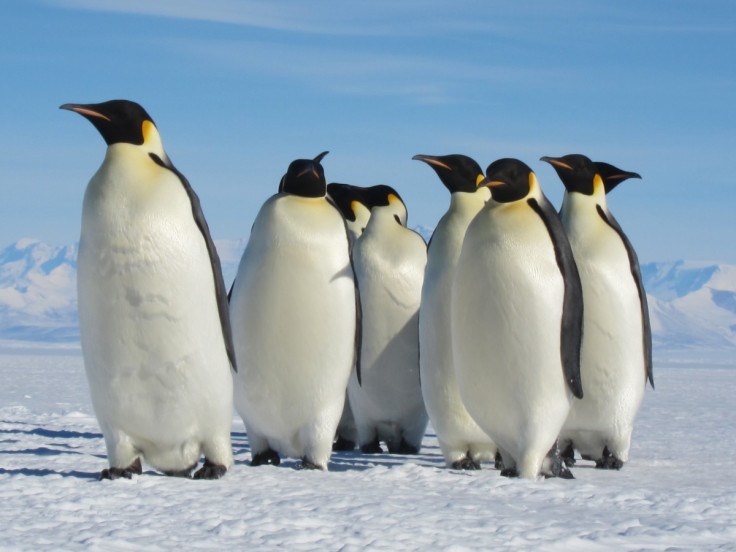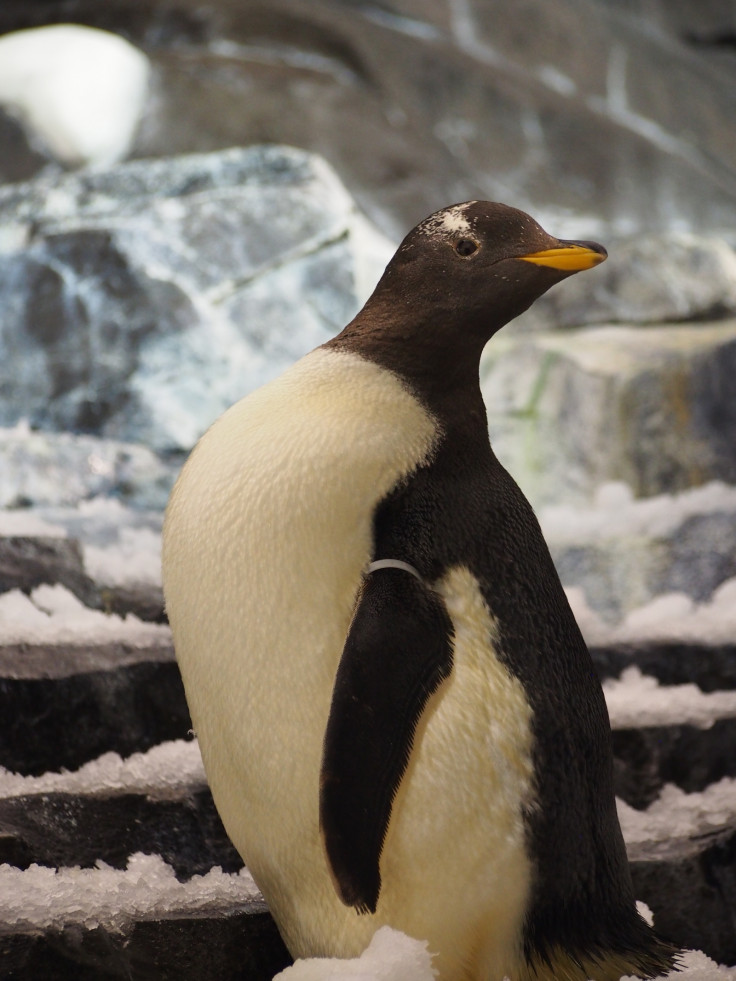Penguins lost ability to taste fish 20 million years ago in scientific mystery

Penguins lost three of the five most basic vertebrate tastes – including the meaty taste known as umami – over 20 million years ago, scientists have discovered.
Jianzhi Zhang, a professor at the University of Michigan, said their finding was puzzling and that they have no explanation as to why the flightless bird cannot taste the fish it eats.
"Penguins eat fish, so you would guess that they need the umami receptor genes, but for some reason they don't have them," he said. "These findings are surprising and puzzling, and we do not have a good explanation for them. But we have a few ideas."
Published in Current Biology, the researchers were looking at the taste abilities of penguins as birds are known to be poor tasters compared to mammals.
Vertebrates normally have five basic tastes – sweet, sour, salty, bitter and umami. Birds are thought to be poor tasters because they have fewer taste buds and do not have teeth for chewing.
The penguin study was prompted after the sequencing of the genomes of Adelie and emperor penguins, where they could not find some of the taste genes.

They were looking to find out if they had made a mistake, or if the genes were missing. Findings showed all five penguin species lack the ability to taste sweet, bitter and umami.
Penguins came from Antarctica after separating from tubenose seabirds 60 million years ago. The major groups separated from one another 23 million years ago. Taste loss is believed to have taken place during the 37 million year gap, which included a cooling period.
"Taken together, our results strongly suggest that the umami and bitter tastes were lost in the common ancestor of all penguins, whereas the sweet taste was lost earlier," the authors wrote.
Zhang says he believes the sensory changes are the result of an ancient climate cooling event in Antarctica, with cold temperatures interfering with taste perception. The leading suspect is the protein Trpm5, which is required for taste signals and does not function well at cold temperatures.
"This give us a hint, perhaps, that this loss of taste genes has something to do with the inability of this protein to work at lower temperatures," Zhang said.
Penguins tend to swallow their food whole, but it is not clear if their anatomic adaptations or their loss of taste came first.
Zhang explained: "Their behaviour of swallowing food whole, and their tongue structure and function, suggest that penguins need no taste perception, although it is unclear whether these traits are a cause or a consequence of their major taste loss."
© Copyright IBTimes 2024. All rights reserved.






